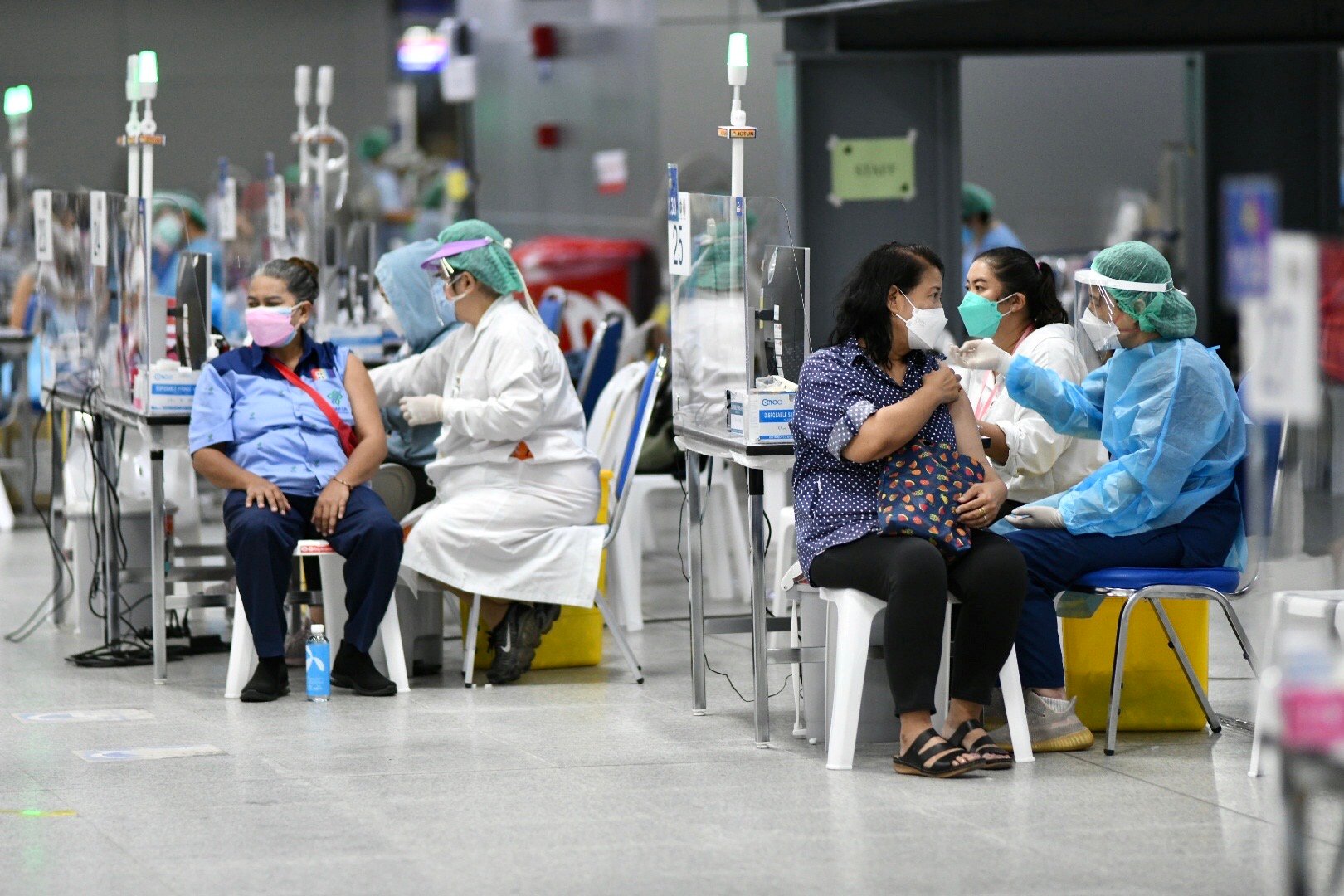Thai Ministry of Public Health won't propose redefining Covid-19 as endemic to the Thai Cabinet until Covid-19 center gives final OK
The Thai Ministry of Public Health has decided not to propose the redefinition of Covid-19 as an endemic disease to the Cabinet Committee until final approval from the Center for Covid-19 Situation Administration (CCSA) was announced.
National –
Satit Pitutecha, Deputy Minister of Public Health, revealed today, May 17th, that the Ministry had not yet introduced the proposal to the Cabinet meeting despite the fact that the Covid-19 situation in Thailand was improving daily with declining numbers of daily infections and fatalities.
"The plan for the redefinition of Covid-19 as an endemic disease is still ongoing but the Ministry would wait for the approval from the CCSA before proposing to the Cabinet in the following step," the Deputy Minister stated.
The Covid Center is set to meet this Friday, May 20th, but there is no guarantee of them giving the approval to redefine Covid-19 as endemic. For more on this major meeting, please click right here.
